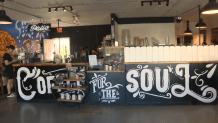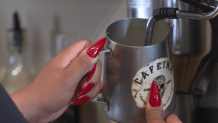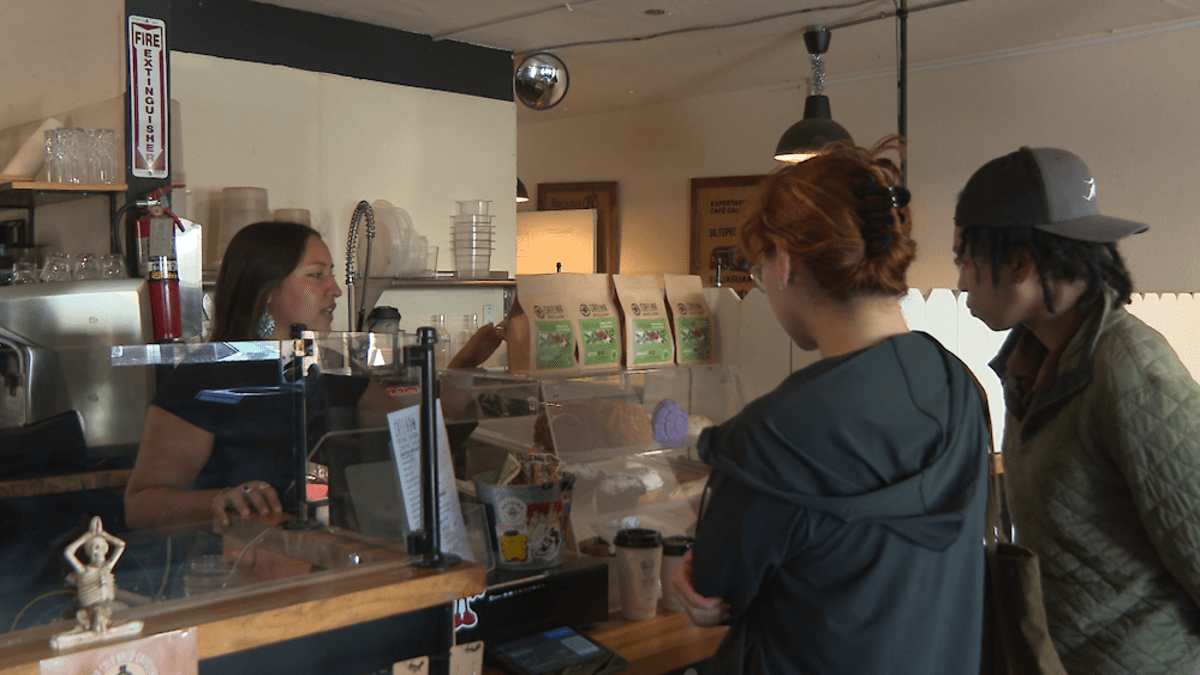If you’re a big coffee drinker, then you might have already noticed prices on your daily coffee run gave gone up. That’s because tariffs on numerous imported products went into effect in early August, including coffee beans.
Cafeina Café has been in business for about six years along 46th St. in City Heights. The owner, Andrew Benavidez, said the beans he purchases were slapped with a 10% tariff.

“Everybody. Everybody across the board. Everyone’s feeling it,” said Benavidez. The blend of coffee served at his business comes from Honduras and El Salvador; both countries got hit with a 10% tariff on August 6.
“That means prices for consumers — it goes up,” said Benavidez.
Benavidez works directly with a coffee producer to get his coffee beans. You would think that means the price would ultimately be cheaper by going right to the source, however Benavidez said that’s not the case.
“A lot of it has to do with buying power, and also the farmers-producers. They set their own rates, right? So they have to negotiate with the farmers that they work with back at the origin, and they produce great coffee, so they can bump up the price,” said Benavidez.

According to the National Coffee Association, more than 99% of the coffee Americans drink is imported. Additionally, every one dollar in coffee imports generates $43 of value for the U.S. economy, including the jobs that are created.
Benavidez said he has regrettably had to pass on the increased cost to customers to keep afloat.
“Definitely our costs have gone up and we need to survive. Also it’s San Diego, so we want to be competitive with wages so our baristas can be happy working here,” said Benavidez. “I don’t have a choice.”
The latest inflation report from July showed that the average retail price of roasted coffee went up a little more than 14%. It’s worth noting that was before the tariffs went into effect on August 6.
Despite the increase in prices, business has been steady. Benavidez said he is grateful for his regular customers who keep coming back.
“I think customers also understand but at the same time it’s not fair,” said Benavidez.
The only exception to the latest round of tariffs is Mexico. That’s because their coffee is already taxed through the U.S.-Mexico-Canada agreement, also known as the USMCA.
Exports from Brazil and India were the hardest hit by August’s tariffs — both countries were hit with a whopping 50% tariff. Laos and Vietnam were slapped with a 40% and 20% tariff respectively.
